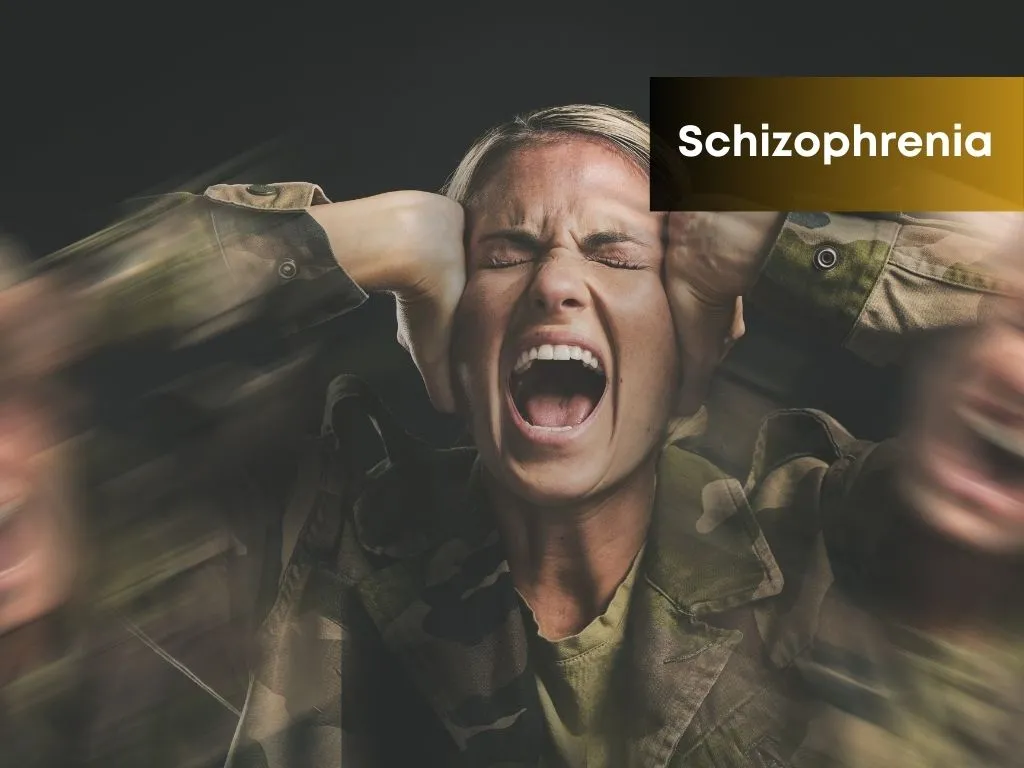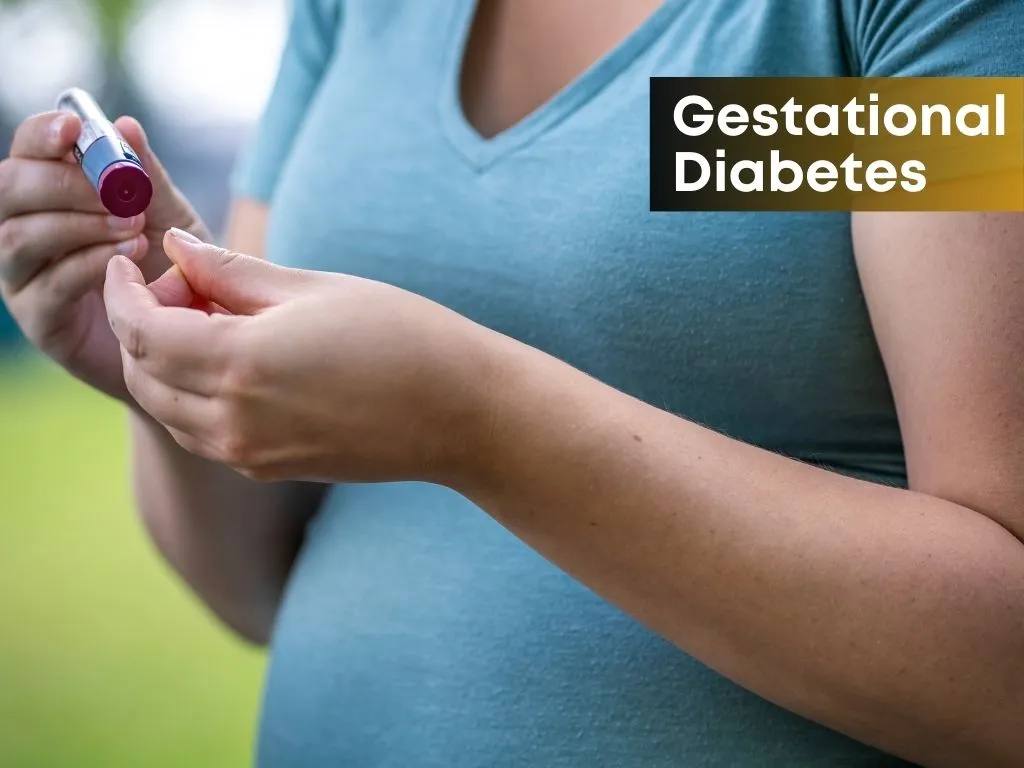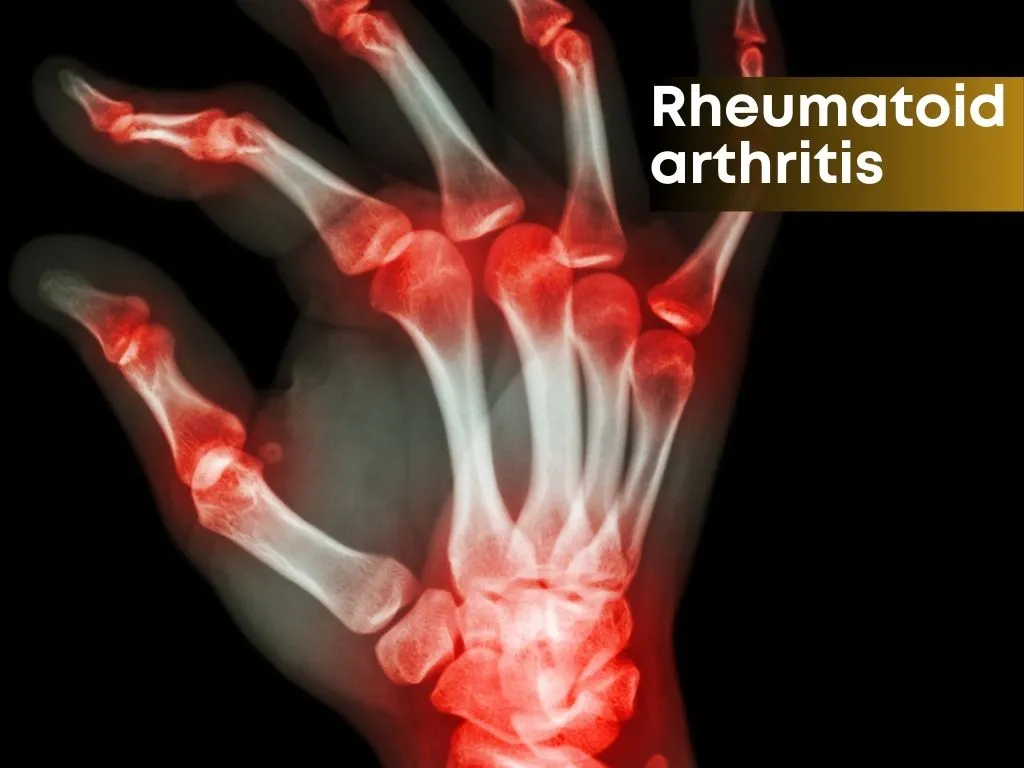Overview
Psychotic disorders, including schizophrenia and delusional disorder, are mental health conditions characterized by disruptions to a person's thoughts, emotions, and perceptions. These disorders can significantly impair an individual's ability to function in daily life and can lead to significant distress for both the person experiencing them and their loved ones.
Schizophrenia: Schizophrenia is a chronic and severe mental disorder that affects how a person thinks, feels, and behaves. Individuals with schizophrenia may experience hallucinations (perceiving things that aren't real), delusions (strongly held false beliefs), disorganized thinking and speech, diminished emotional expression, and impaired cognitive abilities.
Delusional Disorder: Delusional disorder is a condition characterized by the presence of one or more delusions that persist for at least one month. Delusions are false beliefs that are firmly held despite evidence to the contrary. Unlike schizophrenia, people with delusional disorder typically do not experience hallucinations or significant impairments in functioning. Delusions in delusional disorder can involve a variety of themes, such as paranoid beliefs, grandiose beliefs, or beliefs related to bodily functions.
Causes
Genetic Factors: There is evidence to suggest that genetic factors play a significant role in the development of psychotic disorders. Individuals with a family history of schizophrenia or other psychotic disorders are at higher risk of developing these conditions themselves.Brain Chemistry and Structure: Imbalances in certain neurotransmitters (chemical messengers in the brain) such as dopamine and glutamate have been implicated in psychotic disorders. Additionally, abnormalities in brain structure and function, including changes in brain volume, connectivity, and activity patterns, have been observed in individuals with psychotic disorders.Prenatal and Perinatal Factors: Exposure to certain prenatal and perinatal factors, such as maternal infection, malnutrition, complications during birth, or maternal stress during pregnancy, may increase the risk of developing psychotic disorders later in life.Environmental Factors: Environmental stressors, such as childhood trauma, chronic stress, substance abuse (particularly cannabis), social isolation, urban upbringing, and migration, have been associated with an increased risk of developing psychotic disorders. These factors may interact with genetic vulnerabilities to trigger the onset of symptoms.Psychological and Developmental Factors: Certain psychological and developmental factors, such as early childhood experiences, disruptions in attachment, cognitive impairments, and social difficulties, may contribute to the development and course of psychotic disorders.
Symptoms
Positive Symptoms:
Hallucinations: Sensory experiences that seem real but are not, such as hearing voices, seeing things, feeling sensations on the skin, or smelling odors that others do not perceive.Delusions: False beliefs that are firmly held despite evidence to the contrary. Delusions may involve paranoid beliefs (e.g., feeling persecuted or conspired against), grandiose beliefs (e.g., believing one has special powers or abilities), or other unusual beliefs.Disorganized Thinking and Speech: Difficulty organizing thoughts or forming coherent sentences. Speech may become fragmented or incoherent, making it challenging to communicate effectively.
Negative Symptoms:
Blunted or Flat Affect: Reduced or absent emotional expression, leading to a lack of emotional responsiveness or facial expressions.Alogia: Reduced speech output, characterized by brief or monosyllabic responses, or a complete lack of speech.Avolition: Decreased motivation or ability to initiate and sustain goal-directed activities, resulting in decreased productivity or social withdrawal.Anhedonia: Reduced ability to experience pleasure or enjoy activities that were previously enjoyable.
Cognitive Symptoms:
Impaired Memory: Difficulty with learning, retaining, and recalling information.Impaired Attention: Difficulty focusing or sustaining attention on tasks.Impaired Executive Functioning: Difficulty with planning, problem-solving, and decision-making.Disorganized Thoughts: Difficulty organizing thoughts and making logical connections between ideas.
Treatment: Modern Medicine
Medication:
Antipsychotic Medications: These medications are the cornerstone of treatment for psychotic disorders. They work by targeting neurotransmitters in the brain, particularly dopamine, to reduce the severity of psychotic symptoms such as hallucinations, delusions, and disorganized thinking. There are two main classes of antipsychotic medications: typical (first-generation) and atypical (second-generation) antipsychotics. Atypical antipsychotics are often preferred due to their lower risk of certain side effects, such as movement disorders.Long-Acting Injectable Antipsychotics: Some individuals may benefit from long-acting injectable formulations of antipsychotic medications, which are administered every few weeks and can help improve medication adherence.Adjunctive Medications: In some cases, other medications may be prescribed to target specific symptoms or co-occurring conditions, such as mood stabilizers for individuals with bipolar disorder or antidepressants for individuals experiencing depression.
Therapy:
Psychotherapy: Various forms of psychotherapy, such as cognitive-behavioral therapy (CBT), supportive therapy, and family therapy, can be beneficial for individuals with psychotic disorders. These therapies can help individuals manage symptoms, improve coping skills, address underlying issues, and enhance social and interpersonal functioning.Cognitive Remediation: Cognitive remediation programs aim to improve cognitive functioning, including attention, memory, and problem-solving skills, through targeted exercises and interventions.Assertive Community Treatment (ACT): ACT is a comprehensive, team-based approach that provides intensive, community-based support and services to individuals with severe mental illness, including psychotic disorders. ACT teams typically include mental health professionals, case managers, peer support specialists, and other support staff.
Treatment: Traditional Medicine
Nutrition and Diet: Eating a balanced diet rich in fruits, vegetables, whole grains, lean proteins, and healthy fats can support overall physical and mental health. Some research suggests that omega-3 fatty acids, found in foods like fish, flaxseeds, and walnuts, may have potential benefits for brain health and mood regulation.Exercise: Regular physical activity has been shown to have positive effects on mood, stress reduction, and overall well-being. Activities like walking, jogging, swimming, yoga, or tai chi can be beneficial. Exercise can also help improve sleep quality, which is important for mental health.Stress Management: Practicing stress-reduction techniques such as mindfulness meditation, deep breathing exercises, progressive muscle relaxation, or yoga may help individuals cope with symptoms of psychosis and reduce overall stress levels.Herbal Supplements: Some herbal supplements, such as St. John's wort, valerian root, or passionflower, are sometimes used for managing symptoms of anxiety or depression. However, it's essential to use caution with herbal supplements, as they can interact with medications and may not be safe for everyone.
Caution
Interaction with Medications: Some traditional remedies, herbal supplements, or alternative treatments may interact with prescribed medications, potentially reducing their effectiveness or causing adverse effects. It's essential to consult with a healthcare professional before starting any new treatment, especially if you are already taking medication for your condition.Safety Concerns: Certain herbal supplements or alternative treatments may not be safe for everyone, particularly individuals with pre-existing medical conditions or those who are pregnant or breastfeeding. Some remedies may have side effects or risks that could exacerbate symptoms or interfere with other aspects of health.Lack of Evidence: Many traditional or home remedies for psychotic disorders have not been thoroughly studied in rigorous scientific research. While some practices may have anecdotal support or historical use, their effectiveness and safety may not be well-established. It's essential to approach these remedies with skepticism and rely on evidence-based medical treatments as the primary approach.Delay in Seeking Medical Help: Relying solely on traditional or home remedies without seeking professional medical care may delay appropriate diagnosis and treatment of psychotic disorders. Early intervention with evidence-based treatments such as medication and therapy is crucial for managing symptoms and improving outcomes.Misinformation and Exploitation: The field of alternative medicine is vast and includes a wide range of practices, some of which may be based on pseudoscience or unsupported claims. Individuals should be cautious of misinformation or exploitation by practitioners offering unproven or expensive treatments that lack scientific validation.
Prevention
Promoting Mental Health: Promoting mental health and well-being through education, awareness campaigns, and destigmatization efforts can help create supportive environments and reduce barriers to seeking help for mental health concerns. Encouraging open communication about mental health issues and providing access to resources and support services can help individuals at risk of developing psychotic disorders.Addressing Stress and Trauma: Addressing sources of stress and trauma, such as childhood adversity, abuse, neglect, or other adverse life events, may help reduce the risk of developing psychotic disorders. Providing support and interventions to help individuals cope with stressors and build resilience can be beneficial.Healthy Lifestyle Choices: Encouraging healthy lifestyle choices, such as regular exercise, balanced nutrition, adequate sleep, and avoiding substance abuse, may help promote overall mental and physical health and reduce the risk of developing psychotic disorders.Early Childhood Interventions: Early childhood interventions that focus on promoting healthy development, supporting families, and addressing risk factors associated with psychosis, such as social isolation, trauma, or parental mental illness, may help reduce the likelihood of developing psychotic disorders later in life.Education and Employment Opportunities: Providing education and employment opportunities, social support, and meaningful activities can help enhance self-esteem, promote social integration, and reduce the risk of social isolation, which may be risk factors for psychotic disorders.Access to Mental Health Services: Ensuring access to affordable, culturally sensitive, and evidence-based mental health services can help individuals at risk of developing psychotic disorders receive timely assessment, treatment, and support.
 Nalamaree Team
Nalamaree Team





















.jpg.webp)
